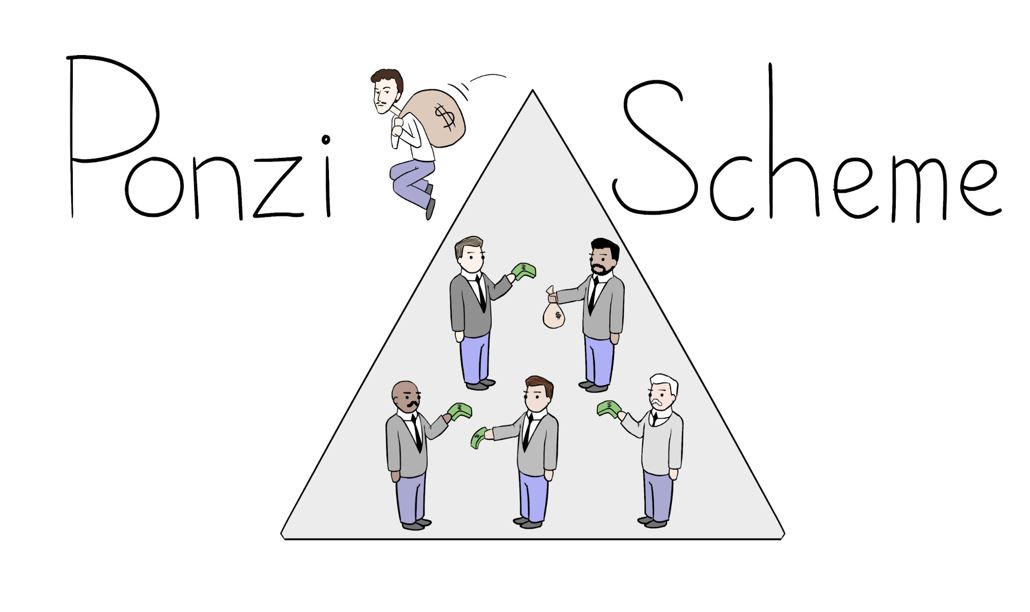By Chekwube Ukoh
The reality of climate change and its unpleasant consequences amount to considerable threats to human lives across different regions of the world.
Climatic conditions such as floods, droughts, and extreme temperatures are some of the consequences of climate change. These conditions have led to crop losses and have threatened the livelihood of farmers as well as posed food security challenges over time, to some regions, especially in developing countries.
Nigeria is not shielded from the rest of the world in terms of the effect of climate change. The outcomes of climate change have been felt across the vegetative regions of Nigeria. Research has shown that climate change is increasingly becoming a major threat to food security in Nigeria.
In 2018, an estimated 25 million Nigerians were undernourished – up by 180 percent over the previous decade. Nigeria has long relied on foreign supplies, spending approximately $5 billion of the $35 billion Africa pays annually for food imports. The presidential administration under President Mohammed Buhari has repeatedly called on Nigeria’s farmers to make up the deficit by increasing agricultural production.
The effects of climate change however mean farmers cannot respond to the president’s call.
Nigerian farmers continue to rely primarily on rain-fed agriculture—meaning they depend on rainfall for water. This leaves them especially vulnerable to increasingly unpredictable and extreme weather events like flooding, heat waves, and droughts.
Heavy precipitation, abnormal onset, cessation of rainfall, rising temperature, and shift in relative humidity have dire consequences on agricultural activities and food security in Nigeria. This change has led to disruption in the seasonal pattern of food production and distribution, thereby creating a shortfall in supplies which brings rising food prices and limited access to food.
Working in partnership with national governments, over 40 international organizations and NGOs, donors, and UN Agencies such as FAO, UNEP, UNICEF, and WFP, UNDP’s vision is to transform food and agriculture to be more resilient, equitable, inclusive, and environmentally, socially and economically sustainable.
The United Nations Development Programme (UNDP) through the Global Environmental Facilities and Small Grants Programme (GEF-SGP) is tackling environmental projects across Nigeria.
In this interview with African Leadership Magazine, the GEF-SGP National Coordinator in Nigeria, Mrs Ibironke Olubamise speaks on Creating Food Security While Fighting Climate Change within Nigeria’s Environment.
Climate change and food security are intricately linked. How can we create food security while fighting climate change?
Climate change is the abnormal result of interaction between climate and natural resources, which is a result of anthropogenic factors. Climate and natural resources are the bedrock of agriculture, which in turn is the basis for food security. Thus, addressing climate change is directly linked to ensuring food security. Every action to address climate change is directly linked to improving agricultural practices and hence improving food production. Developing climate-resilient agricultural practices, restoring degraded farmlands, improving access to water and energy will all have positive effects on agriculture and hence food production. Very important, however, is the need to create more awareness of the relationship between climate change and food security, which can lead to changing our paradigm about nature and natural resources and how we humans interact with them.
Agriculture employs an estimated 2.5 billion people worldwide. It is also responsible for about 80% of deforestation worldwide. It contributes about one-fifth of all greenhouse gas emissions and is a primary cause of biodiversity loss. It is both one of the central causes of, and answers to the climate crisis. We need agriculture to ensure food sustainability. Are there UNDP projects in place to address these and ensure food security?
Yes, there are a couple of UNDP projects that address food security. There is a GEF-funded Full-Size project on Food security, currently ongoing. In addition, over 80 percent of community projects supported by the UNDP GEF Small Grants Programme are directly or indirectly related to food security. The various initiatives, which are primarily targeted at achieving environmental benefits have and are still creating awareness and empowering farmers, of which about 65% are women to get engaged in climate-smart agriculture, agroforestry, training in water harvesting, composting, production of organic fertilizer, simple drip, and pitcher irrigation methods, urban farming, animal husbandry, etc.
Small-scale farmers in Nigeria are adversely affected by the climate crisis. What smart-food systems can be adapted or developed to improve farming?
Nigeria has different climatic zones and vegetation cover, so one size may not fit all. From experience, and as listed in question 2 above, we have supported various community initiatives to address various environmental problems, farming practices, and livelihood enhancement. By targeting the major types of food systems which are production, processing, distribution, and consumption, we have supported projects in Agroforestry, the campaign against the use of inorganic pesticides and fertilizers, and training to produce organic fertilizers and compost, marketing, etc. The aim in all is to build resilience, adaptation, improve yields or reduce susceptibility to climatic conditions. More so, we do not ignore the traditional knowledge of the rural farmers who have been engaged in farming howbeit, subsistence for ages. Sometimes, it is the traditional knowledge that has made a meaningful impact rather than imposing foreign and strange solutions that may not fit the peculiarity of the target audience or place.
What are some UNDP approaches and adaptation programs to address the challenges of food security amid the climate crisis?
The most important approach that the UNDP GEF SGP has used is to create awareness, intending to change the paradigm by painting a picture of the cause and effect of unsustainable practices that jeopardize food production and security. We engage in training, advocacy for policy development, building capacity and more importantly engaging in an inclusive practical demonstration of proposed solutions and promoting ownership to ensure the sustainability of any effort.
Mrs. Ibironke Olubamise is the Global Environmental Facilities and Small Grants Programme National Coordinator for the United Nations Development Programme in Nigeria.


